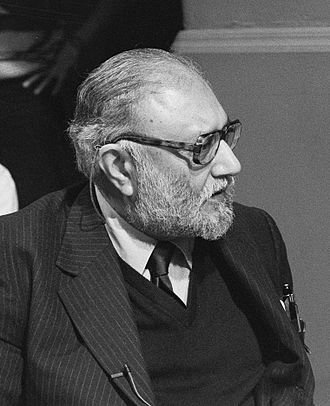by PERVEZ HOODBHOY

Srinivasa Ramanujan PHOTO/Wikipedia

Abdus Salam PHOTO/Wikipedia
Srinivisan Ramanujan (1887-1920) and Muhammad Abdus Salam (1926-1996), two intellectual giants of the 20th century, were born in the same corner of the world. Of humble origin and educated in local schools, they nevertheless rose to dizzying heights in the arcane world of theoretical science. Few others on the subcontinent enjoy their iconic status.
What I shall address below is that both attributed their works to some divine agency. Some of their devotees see this in validating their own respective belief system. With the rise of Hindutva in India, and the violent persecution of Ahmadis in Pakistan, these claims assume considerable importance. Hence a careful, impartial examination is called for.
No mathematician has a story more romantic than Ramanujan’s. Many books, plays, and movies — such as The Man Who Knew Infinity (2015) — dwell upon this enigmatic figure. Drawing upon deep intuition, Ramanujan created new concepts in the theory of numbers, elliptic functions and infinite series. Even full-blown mathematicians take years to grasp his complex ideas.
Exceptional genes plus fortunate circumstances is why some become maths-science superstars.
Born in Madras to a low-level clerk, this young Brahmin boy was steeped in tradition, sang religious songs, attended temple pujas, and was a strict vegetarian. But by age 12, he was inventing sophisticated theorems and unwittingly duplicating some results of European mathematicians of the previous century. He flunked college twice for lack of interest in anything but mathematics — in which he excelled. His awestruck teachers could not decide whether he was a genius or fraud.
At 16, encouraged by one of his teachers, Ramanujan sent off a letter to the renowned pure mathematician G.W. Hardy at Cambridge University. It was accompanied by theorems densely packed into nine pages. Hardy was stunned and arranged for him to travel to England. Ramanujan duly obtained permission from the family goddess Namagiri, consulting appropriate astrological data before his voyage overseas.
At age 32, Ramanujan was dead. He had returned to Madras exhausted, half-famished and fed up with English winters. But even on his deathbed, his pen scrawled out profound results. A century later these still intrigue the brainiest of mathematicians and string theorists. He attributed his exceptional qualities to the psychic visitations of Namagiri who would whisper equations to him. Sometimes, he said, “she wrote on my tongue”. He told colleagues, “An equation for me has no meaning unless it represents a thought of God.”
Dawn for more
